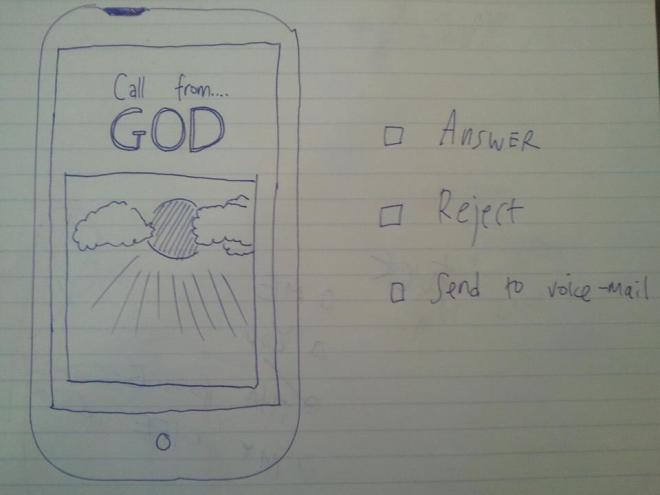Vital Signs
“Without checking over your labs, I’m almost certain it’s bronchitis.”
My shirt is off. The stethoscope metal feels cold on my chest.
“You sure it’s not strep? My fiance saw white sores in my throat last night. She wouldn’t lie,” I say.
“Let’s have a look,” he says, sticking a tongue depressor in my mouth. He holds it there.
“Aybe its ahh acterial inheckshun,” I say.
“Uh huh.”
“Or viral. Did you even consider that?”
“Time to draw some blood.”
I roll my shirt sleeve up. He ties a rubber band around my bicep.
“Hold this. Don’t squeeze yet.”
“Did you disinfect the syringe? With formaldehyde? What’s the ratio in your solution? The ph levels?”
“As good as any. Hold still. Still trying to find a vein that’s worth a damn.”
He pricks my arm. I begin to count the holes.
“Got it. Now squeeze.”
The blood flows into the test tubes. I squeeze the ball harder. He tightens the rubber band. He swaps and grabs more blood vials. A tray of my blood sits there, like shots of Campari.
“I’m getting lightheaded. How much is that, eight pints already? This violates some type of regulation, I’m sure.”
“First ones are for the lab, the others…for me.”
He pulls out the syringe. I continue to squeeze the ball. Blood ejaculates from my elbow.
“You should probably stop doing that.”
The floor looks like a crime scene. My shoes make red footprints against the gray tile.
“Nurse!” I call out.
“We doing this again? I’m putting you on antibiotics. 10 days.”
“I’ll stick with the ginger tea. 5 days.”
“Antibiotics will knock it right out. Tea won’t do anything.”
“Neither will the antibiotics – because I won’t take them.”
The Nurse arrives with a mop and bucket.
“This is getting serious,” he says. “You’ve had str–bronchitis four times this year.”
“What are the symptoms of bronchitis? Name four of them.” I scroll my phone, going over the facts.
“Look, I don’t think I can see you anymore,” he says.
“Personally or professionally?”
“If I could choose? Both.”
“Well I’m not paying my balance today. My wallet’s in the car. Can you bill me?”
“Sure. I’ll bring it to you on Sunday night. We’re still on for dinner? Your mother’s fifty nine. What are you getting her?”
“Lavender oil, an eye mask, and a pot cookie.”
“Buy two of everything.”
